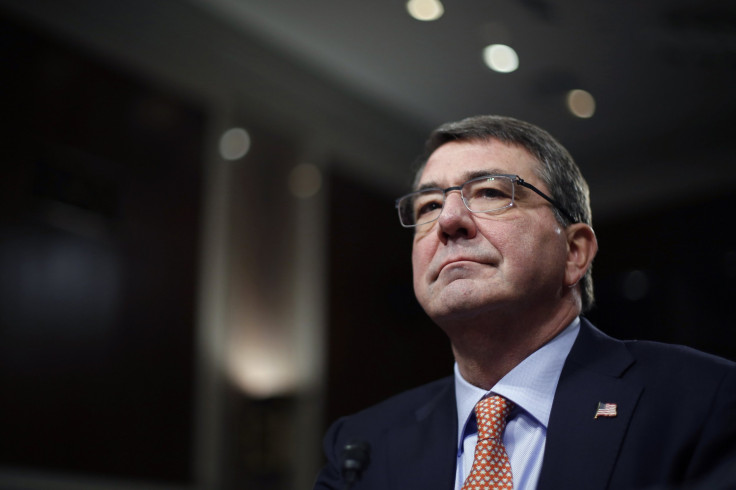Ashton Carter Arrives In Afghanistan To Review Troop Drawdown

U.S. Defense Secretary Ashton Carter made his first official visit to Afghanistan on Saturday, four days after being appointed, according to media reports. The move comes even as the Pentagon weighs the possibility of keeping U.S. troops in the country for longer than previously planned.
During the two-day trip, Carter is scheduled to meet with President Ashraf Ghani and U.S. military officials and troops stationed in Afghanistan. His priority is reportedly to assess the effectiveness of the remaining 10,600 ground troops currently in Afghanistan, and whether the timetable for withdrawing them should be changed.
The existing timeline drawn up by U.S. President Barack Obama, who has promised to bring home most of the troops before he leaves office, calls for a drawdown to about 5,500 troops by the end of 2015, and an eventual withdrawal of most American soldiers by the end of next year. However, at his confirmation hearing, Carter said that he would recommend changing the timetable if he deems it necessary
“We’re looking for success in Afghanistan that is lasting,” Carter told reporters traveling with him to Kabul. “The best way to do that is precisely what I’m here to assess,” The Washington Post reported.
U.S. Army Gen. John Campbell had, in November, also questioned the existing timetable, saying he was assessing the possibility of leaving more combat troops in the country, Foreign Policy reported.
The U.S. officially ended combat missions in Afghanistan in December, after the country’s longest war stretched on for over 13 years, costing 2,300 American lives and over $4 trillion, according to a Harvard report. The troops who currently remain in the country are training and assisting Afghanistan’s security forces.
Carter said that he will meet Ghani with the hopes of speeding peace talks between the government and the Afghan Taliban, stressing that any talks must be Afghan-led. “He’s obviously made this a priority,” he said of Ghani, Bloomberg reported.
"As I look at what happened here in the summer season and do an after-action with the Afghans and with the rest of the coalition, we’ll make adjustments to that based on what the enemy had done," Campbell said. "I’ve got to do that analysis and we’re just starting that now."
The Afghan Taliban regained some of its earlier territory and support last year, capturing two of the country’s seven districts and gaining support from other regions in the country, Reuters reported.
Combat between government forces and the Taliban has also become more intense, with civilian deaths increasing 22 percent in 2014 due to deadlier ground engagements.
© Copyright IBTimes 2025. All rights reserved.





















